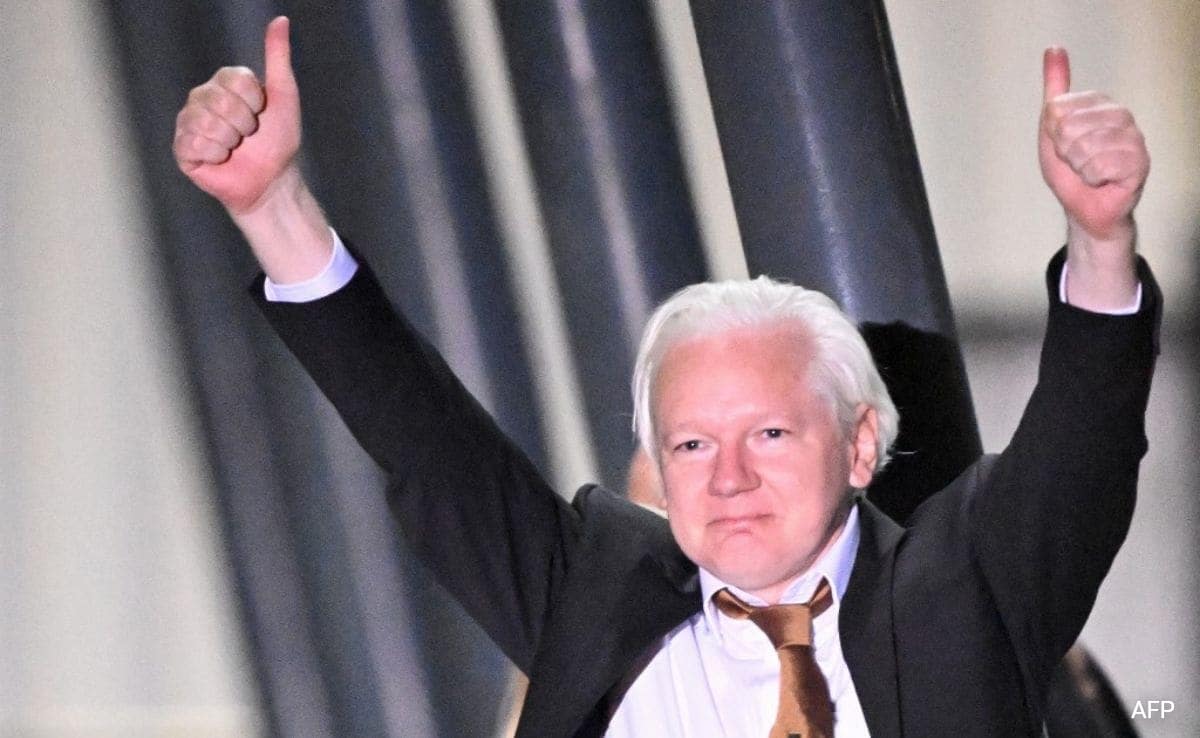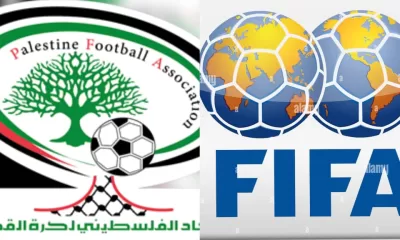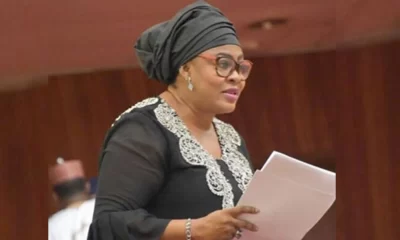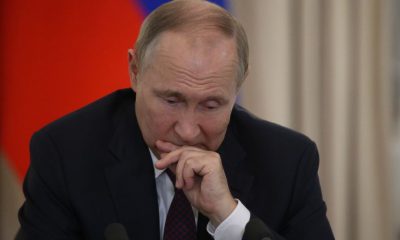Africa
Nearly 13,000 peacekeepers will be ‘unprecedented’ pulled out of Mali over a six-month period
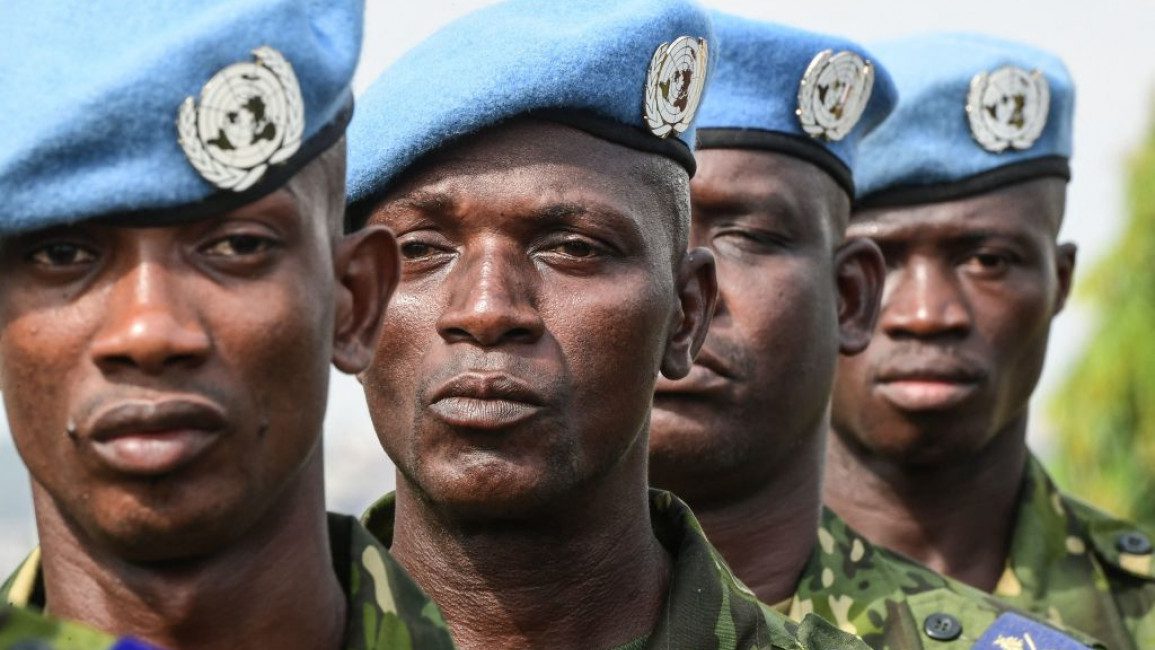
On orders from Mali’s military junta, which has enlisted mercenaries from Russia’s Wagner Group to aid in the war against an Islamic insurgency, the UN is currently undergoing what Secretary-General António Guterres calls a “unprecedented” six-month withdrawal from the country.
El-Ghassim Wane, the UN’s special representative for Mali, presented the scope of the operation to the UN Security Council on Monday. By the deadline of December 31st, all 12,947 UN peacekeepers and police must be sent home, their 12 camps and one temporary base handed over to the government, and 1,786 civilian staff must be terminated.
Issa Konfourou, the ambassador of Mali to the UN, stated that although the government is working with the MINUSMA UN peacekeeping operation, the deadline would not be extended.
In addition, Wane stated that the fourth-largest of the UN’s dozen peacekeeping missions, MINUSMA, requires the UN to remove some 5,500 sea containers of equipment and 4,000 vehicles that are owned by the UN and the nations who provided personnel to MINUSMA.
This procedure is already underway, but it will continue during the “liquidation” period, which will start on January 1 and endure for 18 months. During this time, the UN will maintain police in the three hubs in the capital, Bamako, Gao, and Timbuktu.
After a military takeover in 2012, rebels in the north formed the Islamic State two months later, and Mali has been in upheaval ever since.
With the aid of a military operation spearheaded by France, the hardline rebels were driven out of power in the north, but they relocated to the more populous central Mali in 2015 and are still active there.
An army colonel who later staged a second coup and took office as president in June 2021 participated in the August 2020 military takeover that resulted in the removal of Mali’s president.
He formed connections with both the Russian military and the Wagner organisation, whose leader, Yevgeny Prigozhin, was apparently killed in an aircraft crash last week while flying from Moscow.
In 2013, the UN began deploying forces, and since then, with more than 300 fatalities, MINUSMA has emerged as the most deadliest UN mission worldwide.
“The timeline, scope, and complexity of the mission’s withdrawal are unprecedented,” Guterres wrote in a 13-page letter to Security Council members that was distributed on Monday.
The enormous geography, tough operating conditions in some areas, and harsh temperature of the landlocked nation, he claimed, make the mission’s pullout within a six-month time limit extremely difficult.
The existence of “terrorist armed groups” and the recent military takeover of Niger, a crucial transit nation, Guterres claimed, severely restrict the logistics of deploying soldiers and equipment.
According to a report released by UN specialists last week, Islamic State extremists have nearly doubled the area of Mali they control in less than a year, and their Al-Qaeda-linked competitors are also taking advantage of the impasse and perceived weakness of armed factions that signed a 2015 peace pact.
On August 25, Menaka, Ber, Goundam, and the temporary base in Ogossagou were all closed as part of the first phase of the pullout, according to UN envoy Wane, who also informed the Security Council of this.
Conflicts at the camp forced the withdrawal from Ber two days early; UN convoys leaving the camp were attacked, but no one was hurt.
According to Konfourou of Mali, “armed terrorist groups took hostile action to prevent the Malian security and armed forces from occupying the camp” at Ber.
Nathalie Broadhurst, France’s deputy UN ambassador, informed the council that the fighting in Ber took place “with the participation of Wagner mercenaries” and was a grave breach of the 2015 peace accord and the truce.
The escalation of fighting in northern Mali, namely near Ber, alarmed US Ambassador Linda Thomas-Greenfield.
Additionally, “MINUSMA’s withdrawal restricts the ability of the international community to protect civilians from Wagner’s predatory activities, whose actions contribute to greater insecurity in the country,” she added.
Wagner was not mentioned by Russia’s deputy UN ambassador Dmitry Polyansky, who stated instead that Russia would continue to offer Mali and other interested African countries comprehensive assistance on a bilateral, equitable, and respectful basis.
Due to the lengthy distances that convoys evacuating troops and equipment must travel, including through hostile areas—563 kilometres (350 miles) in the case of the Tessalit camp—UN envoy Wane predicted that the second and final phase of the troop withdrawal, which begins on September 1, “will be incredibly difficult.”
Wane emphasised that the departure was occurring because the 2015 peace accord between the government, a pro-government militia, and a coalition of organisations seeking autonomy in northern Mali is ineffective.
He declared that “that agreement” was the cornerstone of Mali’s long-term stabilisation.

